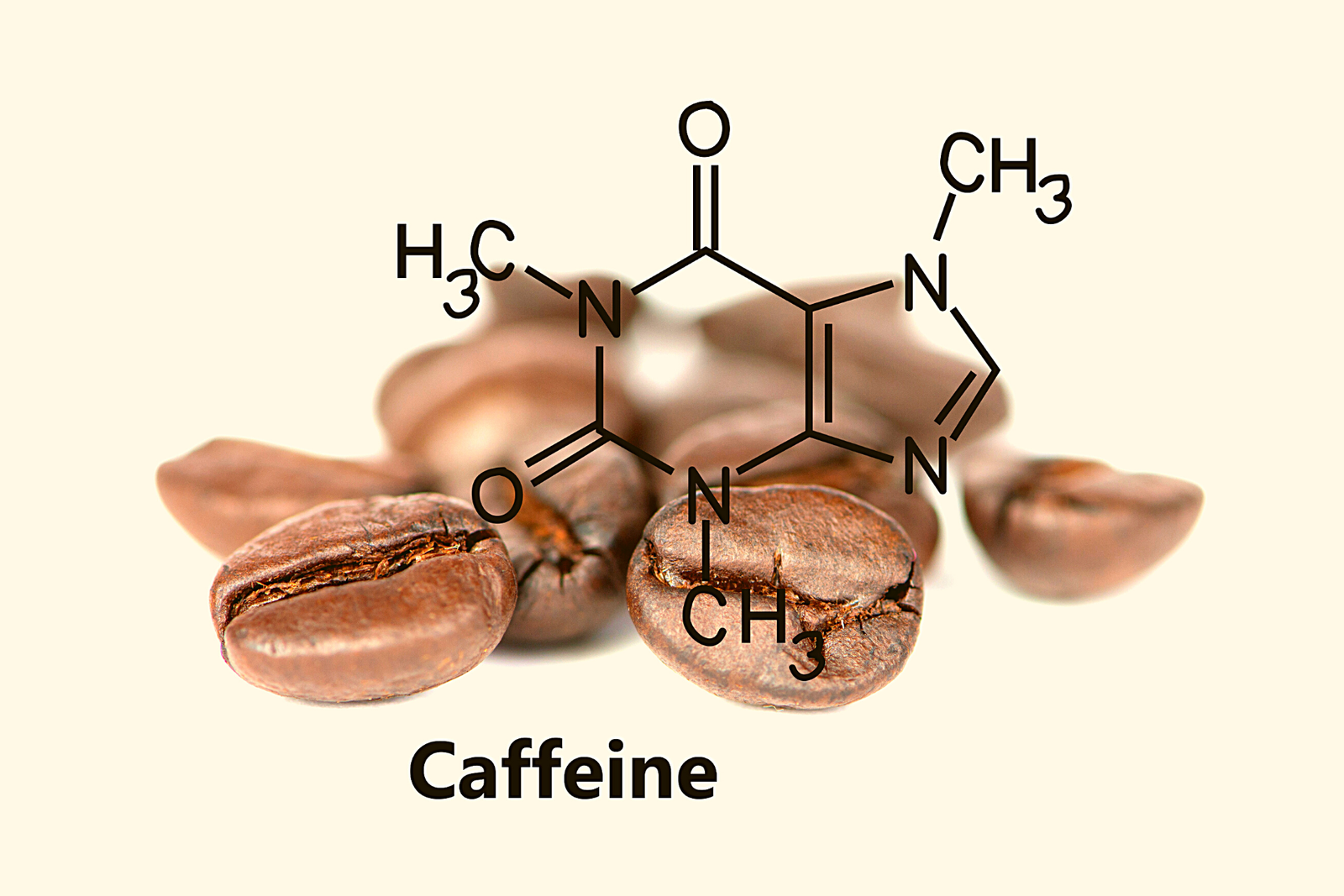
When it comes to coffee, there are a lot of choices out there. Keep reading to learn more! Decaf Espresso: What You Need to Know In this post, we’ll discuss the caffeine content of decaf espresso and share some tips for finding a low-caffeine option that still tastes great. Spoiler alert: there’s still plenty of caffeine in decaf espresso! Read on to find out more.ĭo you like the taste of coffee, but prefer to avoid caffeine? If so, you may be wondering how much caffeine is in decaf espresso. We all know that caffeine is a stimulant, but what does that mean for our everyday coffee consumption? In this post, we’ll take a look at the amount of caffeine in decaf espresso and answer some common questions about decaffeinated coffee. Decaff coffee isn’t entirely caffeine-free. It reviews what caffeine you can drink with your coffee. If a person with caffeine sensitivity has to cut back or decaffeinate their diet, coffee might be an alternative. While coffee is often a great way to enhance a person’s mood and increase concentration, it can also cause a decrease in concentration. How much caffeine in decaf espresso? The coffee industry has become a world-famous drink. Spilling the beans: How much caffeine is too much? (2018).Decaf Espresso: How Much Caffeine Is In It?.Public health statement for methylene chloride.Coffee consumption and health: Umbrella review of meta-analyses of multiple health outcomes. Caffeine extraction from raw and roasted coffee beans.
#DECAFFEINATED COFFEE CAFFEINE CONTENT CODE#

Medical News Today has strict sourcing guidelines and draws only from peer-reviewed studies, academic research institutions, and medical journals and associations.

Some medications, such as certain antibiotics and antidepressants, can also interact with caffeine, so a doctor or pharmacist may recommend limiting or avoiding caffeine while taking these drugs.

So, it is not clear whether the health benefits of regular coffee extend to decaf. However, much of the research looked at the health benefits of regular coffee, with few studies focusing on decaf coffee specifically. Share on Pinterest Research suggests coffee contains several compounds that can lower a person’s risk of developing certain cancers.Ī growing body of scientific research suggests that coffee contains several compounds that are beneficial to human health.įor example, a large 2017 review suggests that drinking coffee can lower a person’s risk of developing certain cancers, including:


 0 kommentar(er)
0 kommentar(er)
